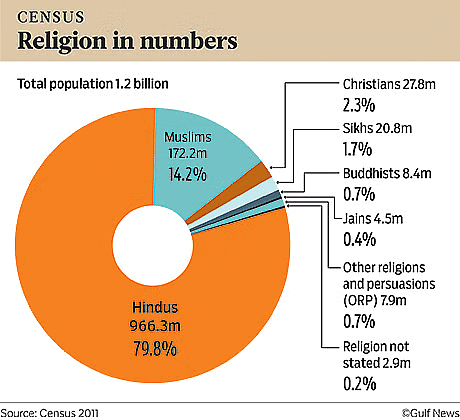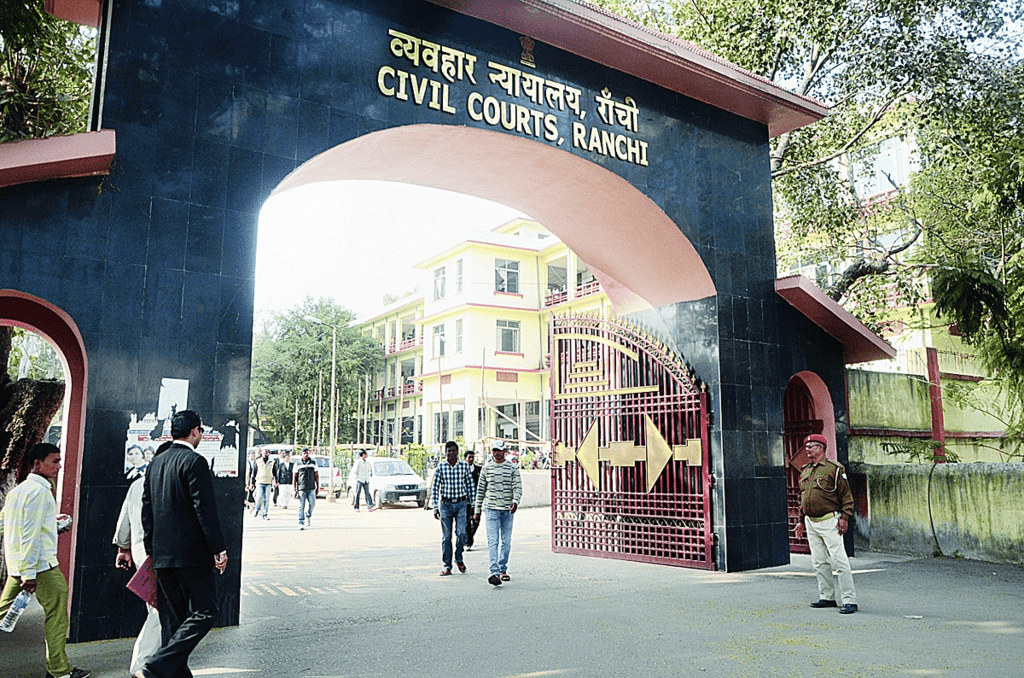Laxmikant Summary: National Commission for Minorities | Indian Polity for UPSC CSE PDF Download
| Table of contents |

|
| Introduction |

|
| Establishment |

|
| Composition |

|
| Functions |

|
| Powers |

|
| Report |

|
Introduction
The National Commission for Minorities (NCM) was established in 1978 by the Government of India through an executive resolution to safeguard the interests of minority communities. Originally formed as the Minorities Commission, its purpose was to address feelings of inequality and discrimination among minorities despite constitutional safeguards. In 1992, the commission gained statutory status with the enactment of the National Commission for Minorities Act, becoming an autonomous body under the Ministry of Minority Affairs, Government of India.
Establishment
In 1978, the Government of India, through an executive resolution, formed the Minorities Commission to safeguard minority interests. The establishment aimed at addressing persistent feelings of inequality and discrimination among minorities, emphasizing the importance of institutional arrangements for effective enforcement of safeguards. Later, recognizing the need for statutory status, the commission was granted such status through the National Commission for Minorities Act, 1992, becoming the National Commission for Minorities. It operates autonomously under the Ministry of Minority Affairs, Government of India.

The Act allows the Central Government to notify minority communities. In 1993, the first statutory commission was constituted, initially covering Muslims, Christians, Sikhs, Buddhists, and Parsis. The Jain community was added in 2014.
Composition
The National Commission for Minorities (NCM) is comprised of a multi-member body, including a Chairperson, a Vice-Chairperson, and five members. They are nominated by the Central Government based on eminence, ability, and integrity. Crucially, five members, including the Chairperson, must belong to minority communities.

The Central Government, specifically the Ministry of Minority Affairs, prescribes the salaries, allowances, and service conditions for the Chairperson and members, which also include the Vice-Chairperson.
Members of the Commission hold office for a term of three years, with the option to resign at any time. The Central Government has the authority to remove the Chairperson or a member under various circumstances, such as insolvency, conviction with imprisonment for an offense involving moral turpitude, being declared of unsound mind, refusal to act, or continuous absence from Commission meetings.
Functions
1. T o assess the progress of minority development under the Union and States.
2. To oversee the implementation of safeguards for minorities as outlined in the Constitution and laws enacted by Parliament and state legislatures.
3. To provide recommendations for the effective execution of safeguards for minority interests by the Central and State Governments.
4. To address specific complaints related to the deprivation of minority rights and safeguards, taking up such matters with the relevant authorities.

5. To commission studies on problems arising from discrimination against minorities and recommend measures for their elimination.
6. To conduct research and analysis on socio-economic and educational development issues affecting minorities.
7. To propose suitable measures for any minority to be undertaken by the Central or State Governments.
8. To submit regular or special reports to the Central Government on minority-related matters, particularly the challenges they face.
9. To examine any other matter referred to it by the Central Government.
Powers
The Commission, while assessing or investigating any matter or addressing a complaint, possesses all the powers of a civil court, particularly in the following areas:

- Summoning and compelling the attendance of individuals from any part of India, examining them under oath.
- Requesting the discovery and presentation of any document.
- Accepting evidence provided on affidavits.
- Requisitioning public records from any court or office.
- Issuing summons for the examination of witnesses and documents.
- Handling any other matter prescribed by the Central Government.
Report
The Commission submits an annual report to the Central Government, with the flexibility to provide reports as deemed necessary. These reports, along with a memorandum detailing the actions taken on the Commission's recommendations, are presented to each House of Parliament by the Central Government. The memorandum includes reasons for non-acceptance of any recommendations.
If a report pertains to matters involving a State Government, the Commission forwards a copy to the respective State Government. The State Government, in turn, places it before the state legislature, accompanied by a memorandum explaining the actions taken and the reasons for not accepting specific recommendations.
|
142 videos|778 docs|202 tests
|
FAQs on Laxmikant Summary: National Commission for Minorities - Indian Polity for UPSC CSE
| 1. What is the purpose of the National Commission for Minorities? |  |
| 2. How is the National Commission for Minorities composed? |  |
| 3. What are the functions of the National Commission for Minorities? |  |
| 4. What powers does the National Commission for Minorities have? |  |
| 5. How does the National Commission for Minorities contribute to communal harmony in India? |  |















